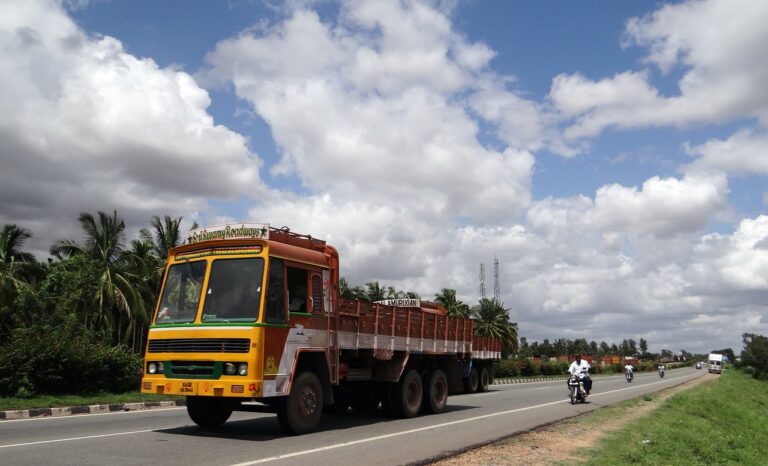Addressing Data Sovereignty Issues in Connected Car Networks: Allpaanel mahadev book, Laserbook247, Bat book 247
allpaanel mahadev book, laserbook247, bat book 247: Addressing Data Sovereignty Issues in Connected Car Networks
In today’s world, technology has embedded itself in almost every aspect of our lives. From smartphones to smart homes, we are surrounded by interconnected devices that collect and transmit data constantly. One area where this connectivity is particularly prevalent is in connected car networks. These networks allow vehicles to communicate with each other and with infrastructure, providing a range of benefits from improved traffic management to enhanced safety features.
However, with the rise of connected car networks comes a host of data sovereignty issues that need to be addressed. Data sovereignty refers to the concept that data is subject to the laws of the country in which it is located. In the case of connected car networks, this means that the data collected by vehicles as they move through different jurisdictions may be subject to a variety of regulations and restrictions.
So, how can we ensure that data sovereignty issues are addressed in connected car networks? Here are some key considerations:
1. Data Encryption: Ensuring that data transmitted between vehicles and infrastructure is encrypted can help to protect it from unauthorized access and use. Strong encryption protocols can help to safeguard data sovereignty by ensuring that only authorized parties can access the data.
2. Data Localization: Storing data locally within the jurisdiction in which it is collected can help to ensure that it is subject to the laws and regulations of that country. This can help to address concerns around data sovereignty by keeping the data under the control of the relevant authorities.
3. Data Sharing Agreements: Developing clear and transparent data sharing agreements between the various parties involved in connected car networks can help to ensure that data is shared in a way that is compliant with relevant regulations. These agreements can outline how data will be collected, stored, and shared to ensure that data sovereignty is upheld.
4. Secure Data Handling Practices: Implementing secure data handling practices can help to protect against data breaches and unauthorized access. By following best practices for data security, connected car networks can help to address data sovereignty issues and protect the privacy of individuals.
5. Compliance with Regulations: Ensuring that connected car networks comply with relevant regulations, such as data protection laws and industry standards, is essential for addressing data sovereignty issues. By staying up to date with regulatory requirements, organizations can help to ensure that data is handled in a way that is compliant with the law.
6. Public Awareness and Education: Increasing public awareness and education around data sovereignty issues in connected car networks can help to empower individuals to protect their data privacy. By understanding the risks and implications of data sharing, individuals can make informed decisions about how their data is used.
In conclusion, addressing data sovereignty issues in connected car networks is essential to ensuring that data is handled in a way that is compliant with relevant regulations and protects the privacy of individuals. By implementing strong data security measures, data localization practices, and clear data sharing agreements, organizations can help to safeguard data sovereignty in connected car networks.
FAQs:
Q: What are some potential risks of data sovereignty issues in connected car networks?
A: Potential risks include unauthorized access to sensitive data, data breaches, and violations of data protection regulations.
Q: How can individuals protect their data privacy in connected car networks?
A: Individuals can protect their data privacy by understanding how their data is collected and shared, and by exercising caution when sharing personal information.
Q: What are some best practices for data security in connected car networks?
A: Best practices include implementing strong encryption protocols, following secure data handling practices, and staying up to date with regulatory requirements.







